Category : Partition
Oct 5, 2022 | Announcements, Bangladesh, Community, In Region, India, News, Partition, Social Enterprise, South Asia in the News

Tariq Omar Ali received his Ph.D. in history from Harvard and is now an Associate Professor at Georgetown University. His research focuses on nineteenth and twentieth century South Asia and global histories of capital with a particular interest in how the material and everyday lives of ordinary men and women are shaped by transnational circulations of commodities and capital. His first book, A Local History of Global Capital: Jute and Peasant Life in the Bengal Delta was published by Princeton University Press, 2018. He will be presenting his new research examining how decolonization, independence, and the rise of the nation-state restructured the working lives of peasants, boatmen, itinerant traders, and small businessmen in post-colonial East Pakistan (present-day Bangladesh) in the 1950s and 1960s at the Tufts-Harvard Conference on the 75th Anniversary of Independence and Partition, October 7-9. Prof. Ali will be speaking on Friday, October 7 at 4:30 p.m. on a panel chaired by Prof. Amartya Sen at the ASEAN Auditorium, Cabot Building, Tufts University.
Sep 27, 2022 | Announcements, Faculty, In Region, India, News, Pakistan, Partition, South Asia in the News

Join us for a series of in-country book talks in India, the United Arab Emirates, and Pakistan The 1947 Partition of British India remains the largest instance of forced migration in recorded human history. Seventy-five years later, the...
Apr 12, 2022 | Announcements, Bangladesh, Faculty, In Region, India, News, Pakistan, Partition
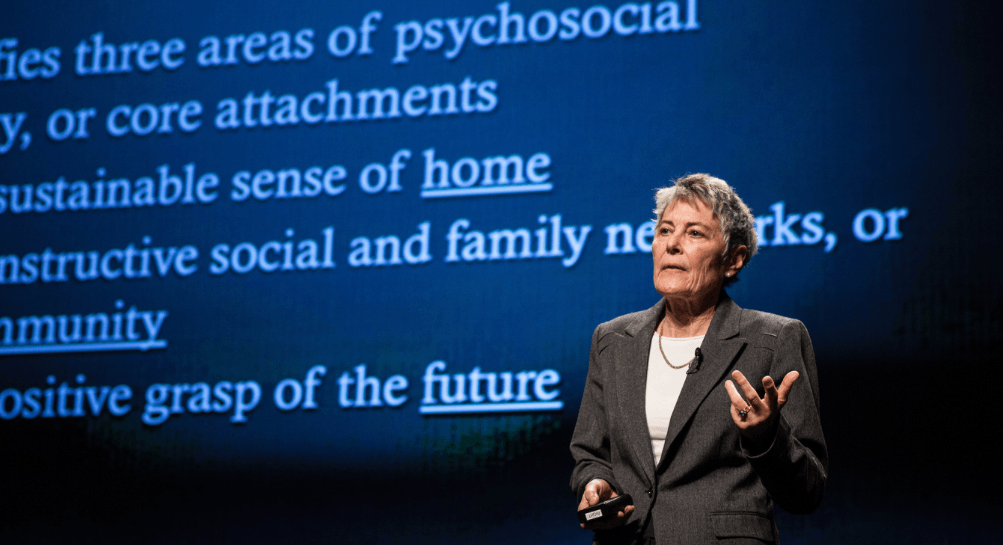
An expert in public health and rights-based responses to humanitarian crises, Dr. Jennifer Leaning has spent her nearly 50-year career at the intersection of war and disaster, atrocities and conflict. Despite witnessing some of the darkest instances of human behavior, it is a ‘kindness of strangers’ motif that motivates her work. She applies this approach to the Mittal Institute’s 1947 Partition Project, which she has led since its inception in 2016.
Mar 23, 2022 | Announcements, Faculty, Fellows, In Region, News, Pakistan, Partition
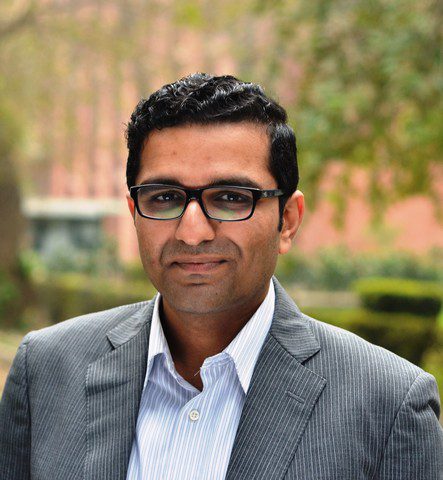
The Mittal Institute welcomes Yaqoob Khan Bangash as the 2022-23 United States Educational Foundation in Pakistan (USEFP) Fulbright Fellow. A historian of Modern South Asia, Dr. Bangash is Associate Professor, Department of Governance and Global Studies and Director, Centre for Governance and Policy at Information Technology University, Lahore, Pakistan. He studies Pakistan as a post-colonial state – its state formation, identity, conflicts, etc. Dr. Bangash is the author of A Princely Affair: Accession and Integration of Princely States in Pakistan, 1947-55 and in 2016 founded the first academic literary festival in Pakistan, the ‘Afkar-e-Taza ThinkFest,’ which attracted over 25,000 people in 2020. We caught up with Dr. Bangash to learn more about his plans for the upcoming year.
Nov 5, 2020 | Announcements, Arts Program, India, News, Partition

Recently, the Mittal Institute teamed up with the Peabody Essex Museum for a discussion on “Partition’s Legacy: South Asian Art on the Line.” Post-independent South Asia is depicted in many forms, with the intent to make sense of its complexities. After the Partition of the subcontinent along the Radcliffe Line, the socio-political ruptures and conflicts that ensued created numerous questions.
Sep 10, 2020 | Announcements, Faculty, In Region, News, Partition
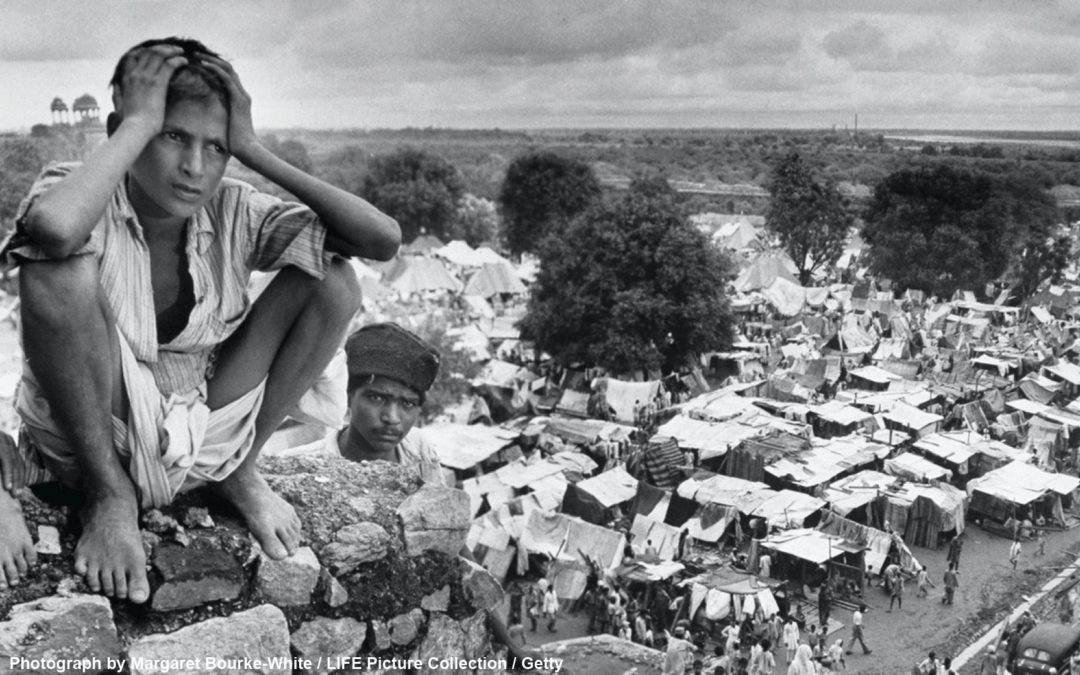
The impact of the 1947 Partition still ripples throughout South Asia, 73 years later. However, our knowledge of this historic event is constantly being reevaluated by academics and researchers who have continued to illuminate the details of what occurred. Moderated by Jennifer Leaning, Professor of the Practice of Health and Human Rights at Harvard T.H. Chan School of Public Health, this panel explores how new research efforts help us understand the full depth of the history and legacy of Partition.
Jul 14, 2020 | Announcements, Bangladesh, Faculty, Fellows, India, News, Pakistan, Partition

“There is nothing as epochal as the cataclysmic event that was visited upon the people of South Asia when decolonization occurred and the British withdrew during the dismantling of the British empire. That forced event — that trauma — continues to shape the lives of two billion of the world’s seven billion people today,” says Professor Tarun Khanna, Jorge Paulo Lemann Professor at the Harvard Business School and Director of the Mittal Institute. Despite the abundant historical and political scholarship on the Partition of British India in 1947, there are still gaps in our understanding of the event — and the Mittal Institute’s research team set out to change that.
Nov 7, 2019 | Announcements, In Region, India, News, Partition
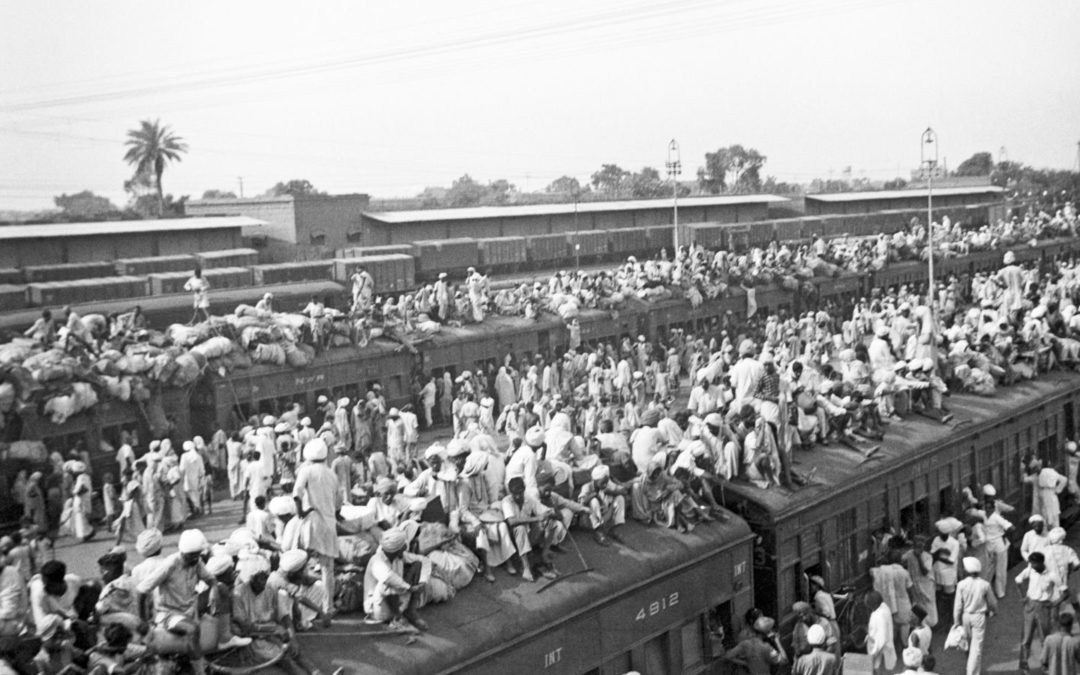
Most personal accounts of what had transpired during the weeks before and after August 1947 are handed down as inter-generational knowledge. And yet, given the traumatic uprooting and violence of the event, there remains a palpable silence around stories relating to violence against or loss of family members. As a third-generation member of a family that had witnessed the Partition of British India in 1947, I grew up listening to stories full of paradoxes. The stories of my grandparents were replete with instances of compassion between individuals and families despite the raging madness that prevailed throughout the larger community.
Aug 8, 2019 | Announcements, In Region, India, News, Partition, Students
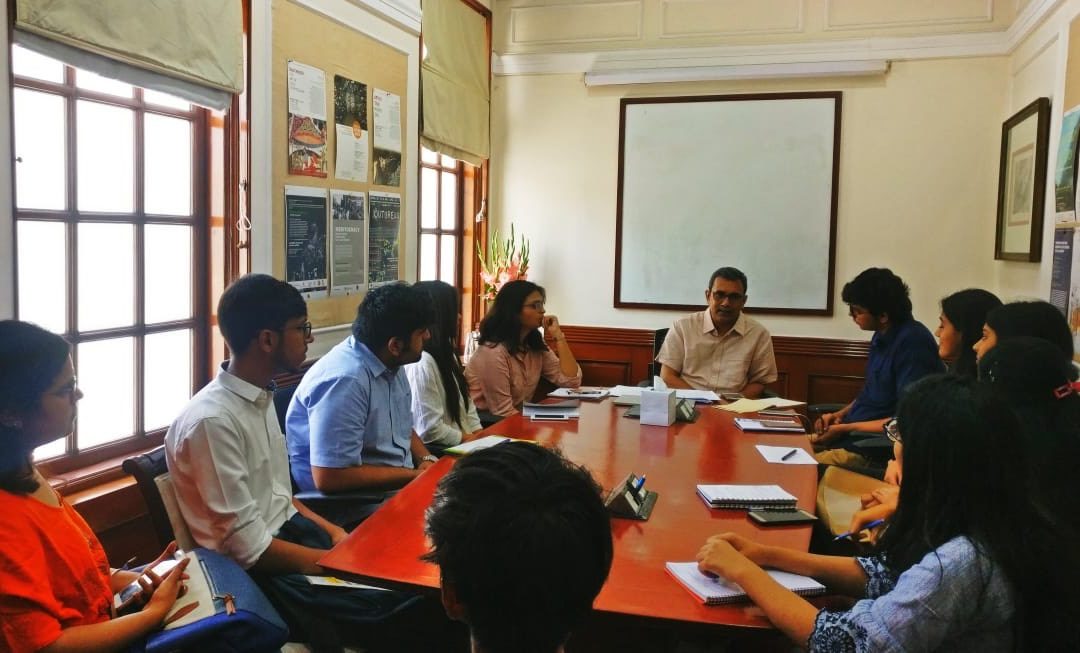
The Mittal Institute’s 1947 Partition of British India project seeks to unravel the history behind one of the world’s largest forced migration events, allowing us to understand the implications of mass dislocations across geographies. Despite the amount of established historical and political scholarship on the Partition, there is still much to uncover through oral accounts from minority groups within India — specifically, from Muslim families who did not migrate to Pakistan.
Mar 14, 2019 | Announcements, Arts Program, Fellows, News, Partition

“In 1947, British India was divided into Pakistan and India, resulting in the largest forced migration in the history of migration. Certain records say there were about three million who migrated and were displaced, but studies done at Harvard show that the numbers were much higher — about 10–13 million people. The question becomes: Who lives to tell the story?” asks Meena Sonea Hewett, Executive Director of the Mittal Institute. “Art as a medium is a great way to tell these stories, because it allows for multiple perspectives to be shared about the Partition and the feelings associated with it.”
Aug 16, 2018 | Announcements, Arts Program, Fellows, In Region, News, Pakistan, Partition
2018 Visiting Artist Imran Channa is a contemporary artist from Pakistan. His art practice interrogates the intersection between power and knowledge. Channa’s primary focus is on the documentation and dissemination of historical narratives and events. He explores how fabricated narratives can override our collective memory to shape individual and social consciousness and alter human responses. In this interview, we discuss how he first became interested in installation artwork and the benefits of making art abroad.
Aug 16, 2018 | Announcements, In Region, India, Partition, South Asia in the News
“On 28th April 2018, I Interviewed Mr. Milkha Singh (Flying Sikh), one of the finest athletes India has ever produced” beamed a very excited Akshay Veer, a Partition ambassador at the Mittal Institute, Harvard University. Akshay was part of a 55 student cohort that worked on a project titled, ‘Looking Back, Informing the Future – The 1947 Partition British India: Implications of Mass Dislocations across Geographies.’ As part of this project, student ambassadors collected and documented oral stories from survivors of the Partition.










